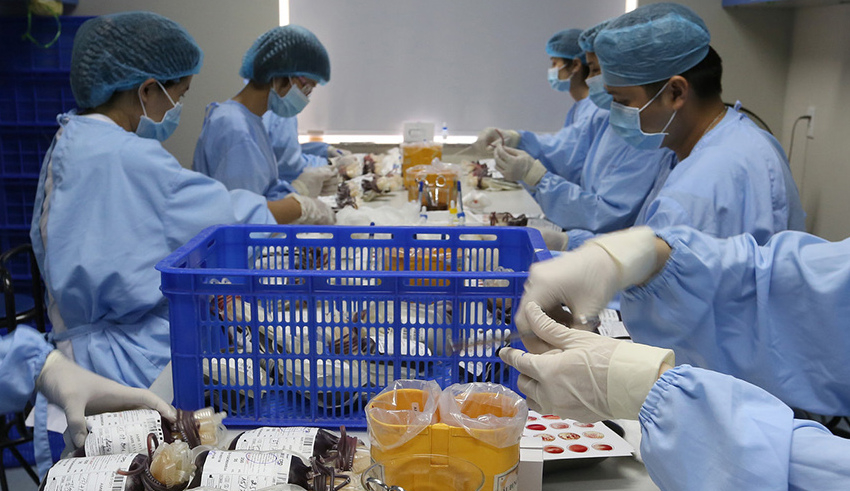
In the wake of the ongoing COVID-19 pandemic, the role of the World Health Organization (WHO) in preventing and mitigating future pandemics has gained significant attention. As a global health agency, the WHO holds the responsibility of coordinating international efforts, providing guidance, and implementing strategies to protect global public health. Let’s delve into the ways in which the WHO can combat and better prepare for future pandemics.
Keep Reading
- Early Warning Systems: The WHO can enhance its surveillance capabilities by establishing robust early warning systems. This involves closely monitoring disease outbreaks, analyzing data, and issuing timely alerts to member countries, enabling swift response and containment measures.
- Strengthening Global Cooperation: Collaboration among countries is crucial in responding effectively to pandemics. The WHO can facilitate international partnerships, knowledge sharing, and resource mobilization to strengthen global health systems and ensure a coordinated response during health crises.
- Rapid Response Mechanisms: The WHO can establish rapid response mechanisms to swiftly deploy medical personnel, supplies, and support to affected areas. This includes setting up emergency response teams, prepositioning critical resources, and coordinating international aid efforts in a timely manner.
- Research and Development: Investing in research and development is vital for combating future pandemics. The WHO can promote and coordinate international research initiatives, facilitate data sharing, and support the development of vaccines, treatments, and diagnostics to effectively address emerging infectious diseases.
- Capacity Building: Building the capacity of countries, particularly in low-resource settings, is crucial for pandemic preparedness. The WHO can provide technical assistance, training programs, and support to strengthen healthcare infrastructure, laboratory systems, and public health capabilities worldwide.
- Public Health Education: The WHO plays a pivotal role in disseminating accurate and reliable information to the public during pandemics. By promoting health literacy, raising awareness about preventive measures, and countering misinformation, the WHO can empower individuals and communities to make informed decisions regarding their health.
- Policy Recommendations: The WHO can provide evidence-based policy recommendations to member countries, guiding them in developing and implementing effective public health measures. This includes guidelines on testing, contact tracing, quarantine protocols, and vaccination strategies to mitigate the impact of future pandemics.
By implementing these strategies, the World Health Organization can strengthen global health preparedness and response to future pandemics. However, it is crucial for countries to support and collaborate with the WHO, ensuring adequate funding, data sharing, and a commitment to multilateral cooperation.
In conclusion, the World Health Organization plays a vital role in fighting future pandemics. Through early warning systems, global cooperation, rapid response mechanisms, research and development, capacity building, public health education, and policy recommendations, the WHO can lead the international community in mitigating the impact of future health crises and safeguarding global public health.


























